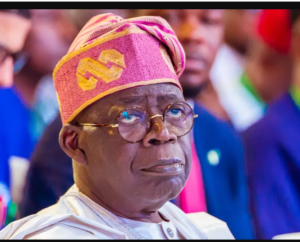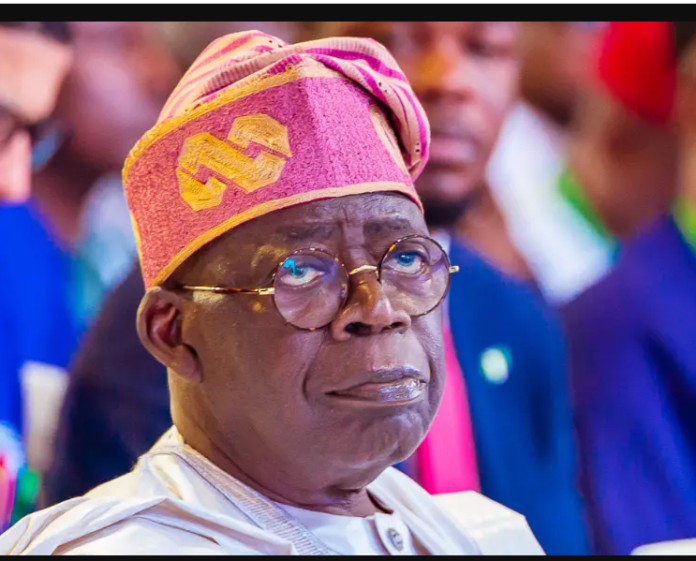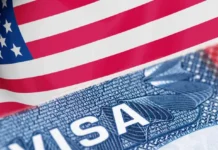By NAN
The Rice Millers Association of Nigeria had also committed to the immediate release of more than 60,000 metric tonnes of rice to the public

Residents of Abuja, the Federal Capital Territory (FCT), have commended President Bola Tinubu for the directive to release about 102,000 tonnes of grains to address soaring cost of food items.
Some of the residents who spoke to the News Agency of Nigeria (NAN) in Abuja on Sunday appealed to the Federal Government to ensure the impact was felt on food prices by crashing them down.
NAN reports that Tinubu directed the Ministry of Agriculture and Food Security to release about 42,000 metric tonnes of grains including maize, millet and garri.
The Rice Millers Association of Nigeria had also committed to the immediate release of more than 60,000 metric tonnes of rice to the public. Mr Williams Omashu, a business man, commended Tinubu for the timely intervention. Omashu appealed to the president to ensure the impact of the grains release were felt by citizens.
”The most important thing is for the release to have a positive impact on citizens not like the ones we have seen before.
”We do not want the release on paper or announcement. We want it to impact positively on us and our food.
”Let it make the prices of food items to come down.
”The president must ensure that this happens and urgently too,” he said. Mrs Roselyn Iliya, another resident and a student, said the constant hike in food prices was a situation that required prompt intervention.
”The situation is getting worse by the day. The government needs to back this directive with action.
”It must not be business as usual because people are hungry and suffering,” she said.
Mr Obinna Idu, a civil servant expressed hope that the release of the grains would reduce the frustration faced by citizens in trying to feed their families.
NAN reports that the Minister of Information and National Orientation, Mohammed Idris, said the releases were immediate measures taken to reduce the hardships faced by Nigerians.















